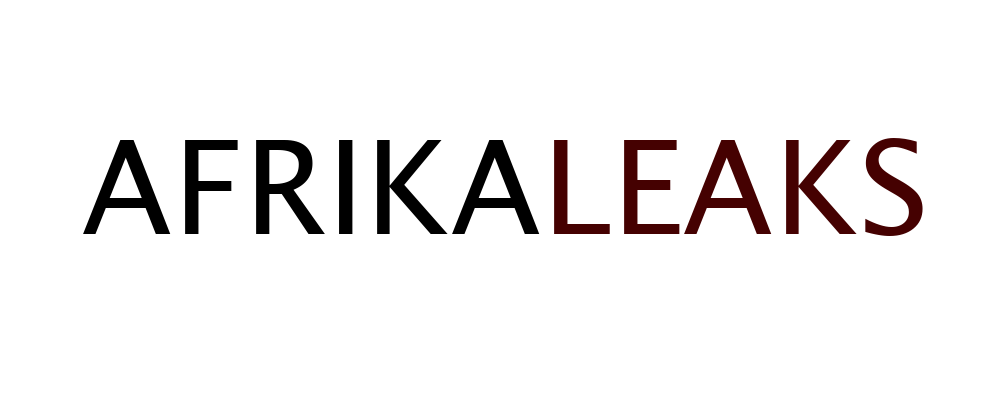Ce site utilise des cookies pour améliorer votre expérience lorsque vous naviguez.
Les cookies classés comme nécessaires sont enregistrés par votre navigateur. Ils sont essentiels au fonctionnement de base du site.
Nous utilisons également des cookies tiers pour analyser et comprendre comment vous utilisez ce site. Ils ne seront enregistrés par votre navigateur qu’avec votre consentement. La désactivation de ces cookies peut détériorer votre expérience de navigation.
Consultez l'intégral de la politique de confidentialité du site.

